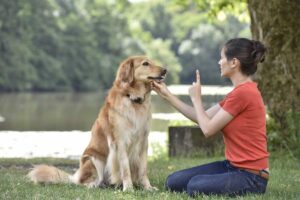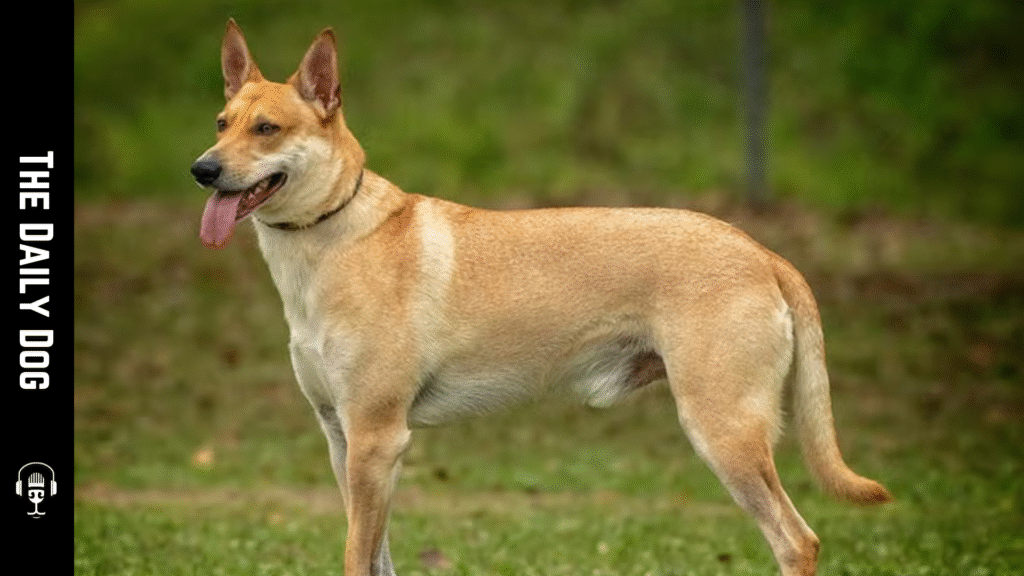The Carolina Dog, also known as the American Dingo or Dixie Dingo, is a fascinating breed that embodies the rich, ancient history of North American canines. With its striking appearance, unique behavioral traits, and storied background, this breed is gaining popularity among dog enthusiasts and pet owners seeking a connection to primal, natural dogs. In this article, we will explore the origins, characteristics, temperament, care needs, and the significance of the Carolina Dog in today’s canine landscape.
Origins and Historical Significance
The Carolina Dog boasts a lineage that stretches back thousands of years, making it one of the most ancient dog breeds native to North America. Archaeological evidence suggests that these dogs descended from the early indigenous canines that accompanied nomadic tribes and early settlers long before European contact.
Unlike many modern breeds that have been selectively bred for specific traits, the Carolina Dog retains many of the features of wild canines, such as the African Basenji or Australian Dingo. Their ancestors are believed to have arrived on the continent via land bridges or were transported by early Native American tribes, who utilized these adaptable dogs for hunting, guarding, and companionship.
During the 20th century, these dogs nearly vanished from the landscape due to crossbreeding and the rise of other breeds. However, in the 1970s, a group of enthusiasts and researchers began to document and preserve these wild-looking, resilient dogs, thereby establishing the breed’s modern recognition.
Physical Characteristics
The Carolina Dog’s appearance is striking and reminiscent of a small wild wolf or Dingo. They typically have a lean, muscular build, reflecting their active and agile nature. Here are some key physical features:
- Size: Usually standing between 17 and 20 inches at the shoulder, with weight ranging from 30 to 40 pounds. Males tend to be slightly larger than females.
- Coat: Short, dense, and weather-resistant coat that can come in a variety of colors, predominantly in shades of tan, with some having black or red markings.
- Ears: Erect, triangular ears that give them an alert expression.
- Eyes: Almond-shaped eyes that are often amber or brown, conveying intelligence and alertness.
- Tail: Bushy tail that often curls over the back or hangs down when relaxed.
The breed’s wild ancestry is evident in its appearance, but it also displays a level of adaptability and resilience suited to diverse environments.
Temperament and Behavior
The Carolina Dog’s behavior is a mirror of their ancient lineage. They are intelligent, independent, and highly alert. These qualities make them excellent watchdogs, but also require responsible training and socialization.
Key traits include:
- Loyal and Protective: They form strong bonds with their families and can be wary of strangers. Proper socialization from an early age helps to foster a balanced temperament.
- High Intelligence: These dogs are quick learners but can also be stubborn. Consistent, positive reinforcement training methods are most effective.
- Active and Agile: As descendants of wild canines, they thrive on physical activity. Daily walks, playtime, and mental stimulation are essential.
- Sociable with Proper Introduction: While naturally wary of unfamiliar people, they tend to get along well with other dogs and pets when socialized appropriately.
- Independent and Curious: They often enjoy exploring their surroundings and may have a strong prey drive, which should be taken into consideration during training.
The Carolina Dog’s primal instincts make it best suited for active households that can meet its physical and mental needs. They flourish in environments where they are involved in outdoor activities and are given a sense of purpose.
Care and Maintenance
Caring for a Carolina Dog involves understanding their specific needs, which are rooted in their history and temperament.
Diet:
A balanced diet of high-quality commercial dog food supplemented with fresh, natural foods such as lean meats, vegetables, and grains supports their health. Due to their active nature, maintaining a healthy weight through a balanced diet and regular exercise is crucial.
Exercise:
They require at least an hour or more of vigorous activity daily. Engaging in activities such as fetch, agility, or hiking can help keep them physically and mentally stimulated.
Grooming:
Their short coat is low-maintenance, requiring only regular brushing to remove loose hair and occasional baths. Regularly checking and cleaning your ears helps prevent infections.
Health:
The breed is generally hardy but can be prone to certain genetic conditions such as hip dysplasia and skin issues. Regular veterinary check-ups and screenings are recommended.
Training and Socialization:
Early exposure to different people, animals, and environments is vital in fostering well-rounded behavior. Positive reinforcement and patience are the keys to success.
The Role of the Carolina Dog Today
In recent years, the Carolina Dog has gained recognition among dog lovers who appreciate its natural, ancestral qualities. They are often chosen for:
- Family companionship: When properly socialized, they can be affectionate and loyal family pets.
- Wildlife and outdoor enthusiasts: Their agility and alertness make them excellent companions for outdoor activities.
- Therapy and Service Work: Their intelligence and calm demeanor make them suitable for specialized roles in controlled environments.
Moreover, the breed’s primal appearance and history attract those interested in a dog that embodies a connection to ancient canine roots.
Challenges and Considerations
While the Carolina Dog is an incredible breed, it’s essential to understand the challenges associated with ownership:
- Exercise Needs: They require significant physical activity and mental stimulation to prevent behavioral issues.
- Training Requirements: Their independent streak demands consistent, patient training.
- Socialization: Early social exposure is crucial in preventing wariness or aggression.
- Not Ideal for Small Children or Small Pets: Due to their prey drive and wariness, supervision is advised around young children and small animals.
Potential owners should evaluate their lifestyle and ability to meet the needs of a Carolina Dog before bringing one into their home.
Why Choose a Carolina Dog?
Choosing a Carolina Dog means welcoming a breed with a deep, ancestral history and a resilient, adaptable nature. They are perfect for active individuals or families who value a natural, intelligent, and loyal companion. Their unique appearance and storied background make them stand out among other breeds.
Summary of Benefits:
- Natural, primal look rooted in North American history
- Loyal, protective, and alert nature
- Highly intelligent and trainable with patience
- Low grooming requirements
- Excellent for outdoor and active lifestyles
The Carolina Dog embodies the spirit of the wild canine ancestors that roamed North American landscapes thousands of years ago. Their unique blend of intelligence, independence, and loyalty makes them a distinctive choice for those seeking a connection to their primal roots. As a breed that demands respect, responsibility, and active engagement, the Carolina Dog offers a rewarding companionship for the right owner.
By understanding their origins, behaviors, and care needs, prospective owners can foster a harmonious relationship that honors this ancient and resilient breed. Whether as a loyal family member or a vigilant outdoor companion, the Carolina Dog remains a remarkable testament to America’s canine heritage.
We offer a FREE Strategy Call.
Click on the graphic to learn more
Read More


My Dog’s Leash Pulling is Killing my Shoulder. What Can I Do?








